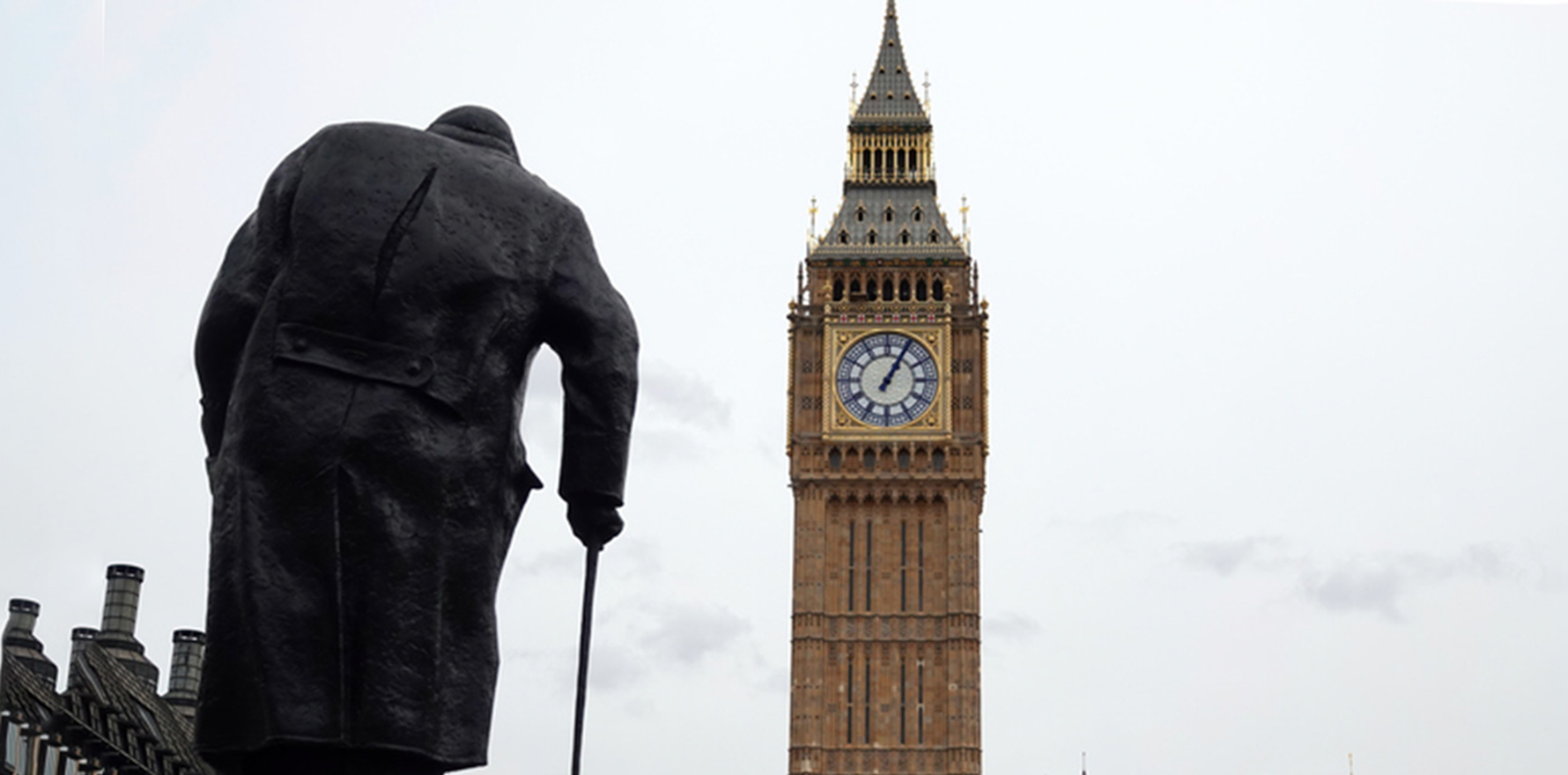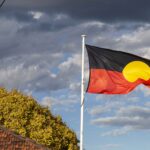Dr Senior’s project aims to gather knowledge from the UK’s 'GPs at the Deep End’ to bolster primary care for Australia’s disadvantaged.
The Medical Republic‘s editorial board member Dr Tim Senior has been awarded a Churchill Fellowship to travel to deprived areas of the UK for eight weeks to gather knowledge to improve primary care in disadvantaged Australian communities.
Every year, the Winston Churchill Trust invites Aussies from all walks of life to apply for their Churchill fellowship, offering funding for overseas exploration of an issue they believe can benefit local communities.
The fellowships began almost six decades ago, following the wartime prime minister’s death, as a doorknocking endeavour to raise funds to give ordinary people the opportunity to travel worldwide and bring knowledge back to Australia. It remains one of the largest one-day doorknocks in Australian history.
Dr Senior’s devotion to providing general practice care to people most in need, which often includes rural and remote communities and Indigenous Australians, lead to his impassioned project being awarded a fellowship, alongside 103 other fellows.
“We know that people who need healthcare the most and could benefit from it the most, are actually the least likely to get it,” Dr Senior told TMR.
He was inspired by the work of the “GPs at the Deep End” networks, which began in Scotland and aimed to accumulate knowledge from GPs working in 100 of the most deprived areas.
“They became quite influential in supporting GPs and in providing policy about providing healthcare in those communities through their advocacy,” Dr Senior said.
“And other Deep End groups sprang up around the UK, in Ireland and in Europe.”
There was an attempt to bring the concept to Australia – Professor Liz Sturgiss, Dr Senior’s co-chair of the RACGP’s poverty and health specific interest group, started one in Canberra – but the concept has yet to take off here, Dr Senior said.
“What I want to do is bring back the knowledge that they’ve gained through setting up these groups in providing peer support to GPs working in deprived communities,” he said.
Despite there being some divergence in healthcare in deprived communities between the UK and Australia – namely due to geographical variation, Australia’s workforce crisis and intricacies of Indigenous healthcare – Dr Senior was struck by the similarities in the systemic issues that he recognised and those published by the Deep End group.
“It just felt really familiar: the lack of community resources, affordability, the multiple agencies that you have to get involved in providing care.
“There’s these extra layers that don’t apply [to the UK]. But a lot of the actual unaffordability of care for many people, or the lack of appropriate funding for providing care is really comparable.”
Dr Senior hopes that the “institutional oomph” of the RACGP’s poverty and health SIG will facilitate implementation and dissemination of the project’s outcomes.
“Since it was announced, there’s been a lot of interest from colleagues, from GPs, from health policy people about the fellowship.”
The first step, according to Dr Senior, will be establishing peer support groups for GPs working in rural and remote areas to bolster community and support.
He also plans to advocate for specific training on issues primary care workers face in disadvantaged communities, “so that GPs feel less isolated and more supported in doing that sort of work”.
“Combining the knowledge from coal-face GPs and health system experts, will allow me to use the fellowship to support GPs working in deprived communities, and bring their expertise to policy-makers,” Dr Senior said.






